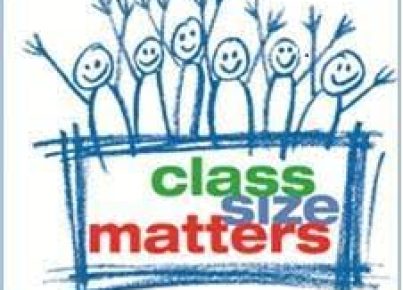Introduction:
Teaching is a multifaceted profession that requires balancing different aspects such as planning lessons, imparting knowledge, assessing students, and providing feedback on their performances. While it’s common for educators to find certain elements more enjoyable than others, what about those who despise key components like planning and grading? Does loathing these tasks indicate they’re in the wrong profession? Let’s explore this quandary.
Identifying the Issues
1. Disdain for Planning: Many teachers might struggle with lesson planning due to the time-consuming nature of this task and the pressure to create meaningful, engaging content for their students. It’s important to recognize what aspect of planning causes distress and if it’s a matter of refining the process rather than changing careers.
2. Grading Aversion: Assessing students’ work can be tedious, especially when dealing with numerous assignments, tests, or essays. The anxiety associated with potentially affecting students’ grades also adds stress to this responsibility. Understanding the root of one’s aversion to grading will be helpful in determining if a career change may be necessary.
Finding Solutions within the Profession
1. Collaborate with Other Teachers: Sharing lesson planning duties and ideas with colleagues can greatly alleviate some of the burden attached to this task. A support network can provide fresh insights and help streamline the planning process.
2. Utilize Resources: Plenty of online resources are available for educators looking for inspiration or ready-made materials suitable for their students’ needs. Incorporating outside resources can minimize planning time and stressors.
3. Develop Efficient Grading Techniques: Grading workload can be reduced by adopting quick evaluation strategies like rubrics or checklists or by providing group feedback for certain assignments instead of individual evaluations.
Exploring Alternative Paths within Education
If trying different approaches does not resolve issues surrounding planning and grading, exploring alternative roles within education could be beneficial. Potential transitions include:
1. Education Specialist: Working as a subject matter expert involves developing curricula and resources that cater to students with specific educational requirements or focusing on particular subjects or skills.
2. Instructional Coach: This role allows educators to support fellow teachers in enhancing their instruction techniques, implementing strategies, and managing challenges without directly grading students’ work.
3. Educational Administrator: A transition to an administrative profession may provide opportunities for overseeing school programs, developing policies, or managing the educational process while stepping away from classroom responsibilities.
Conclusion
Hating planning and grading doesn’t necessarily mean one is in the wrong profession. By examining the root causes of this aversion and seeking solutions within teaching or exploring alternative educational roles, educators can find a balance that suits their strengths and interests. It’s essential to remember that every profession has a unique set of challenges, but discovering where one’s passion truly lies can lead to a more fulfilling career path.





